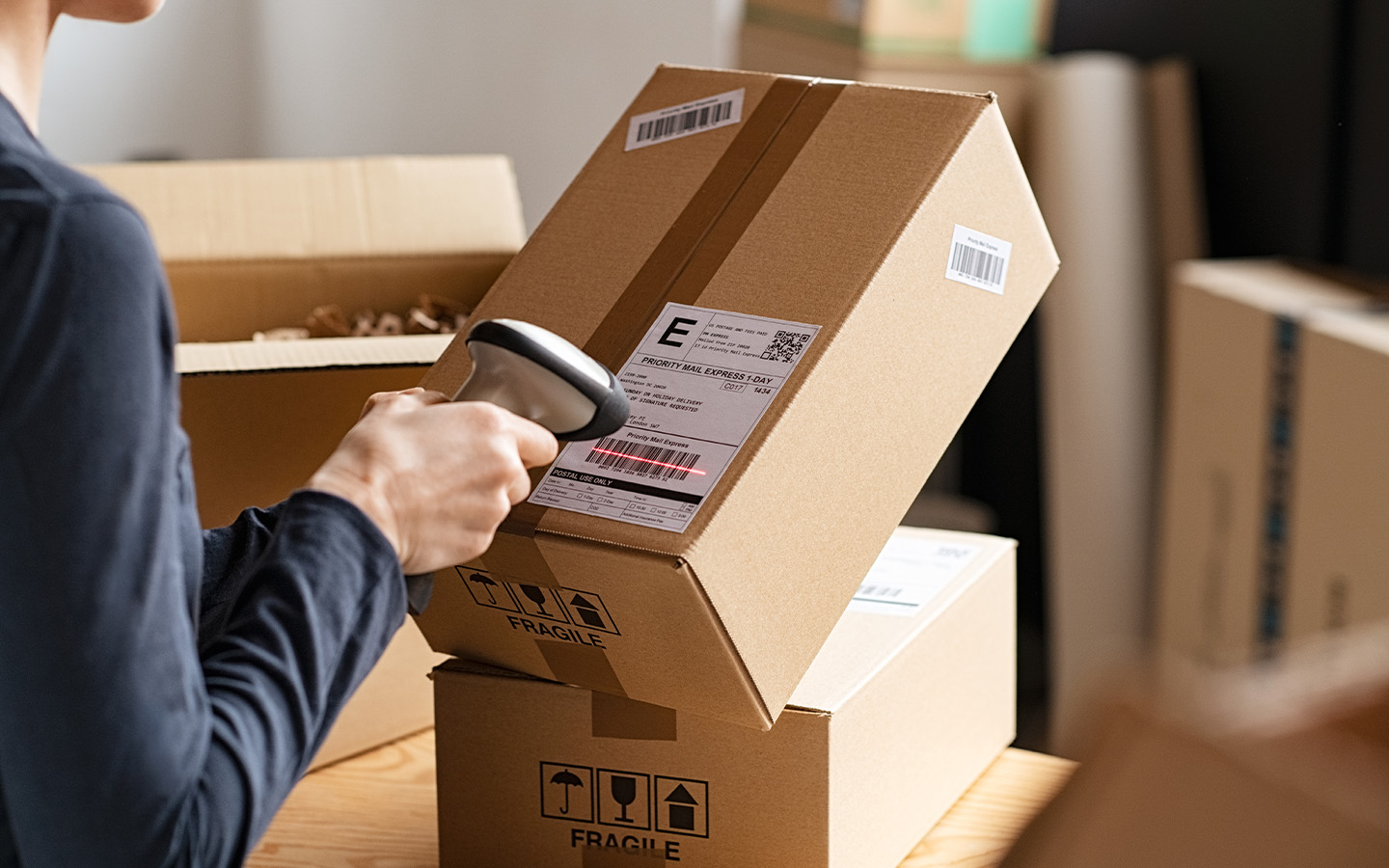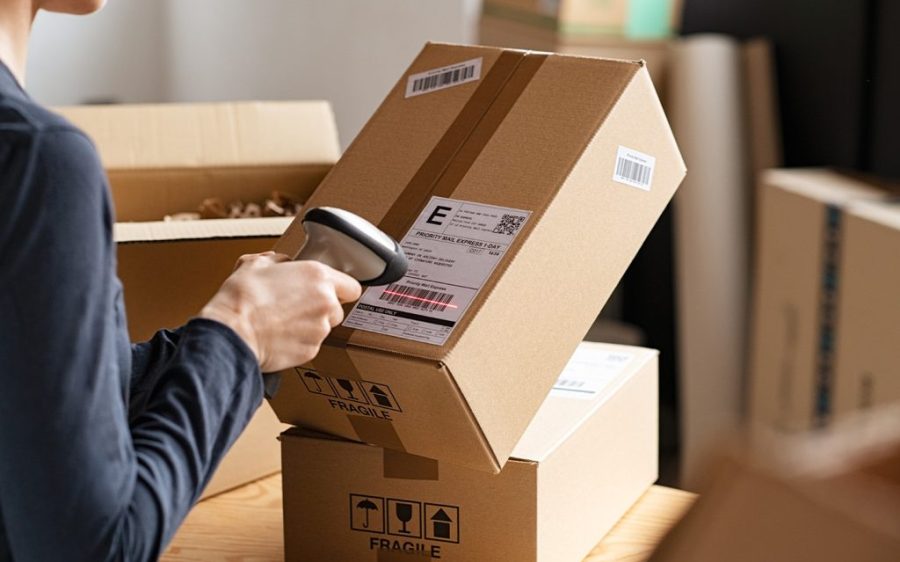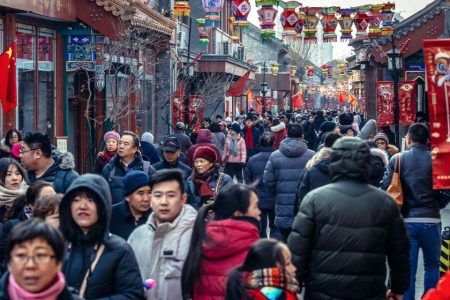The US government is set to remove duty-free exemptions for small parcels sent from mainland China and Hong Kong starting from 2 May, the White House announced in a statement yesterday.
The new measures, which are part of a slew of global tariffs that US President Donald Trump introduced yesterday, will apply to mainland and Hong Kong goods that are worth US$800 or less and are intended to eliminate a trade loophole known as “de minimis.”
Applicable products will be slapped with either a 30 percent tariff or a surcharge of US$25 for each item, with the fee due to rise to US$50 per item following 1 June.
So far, the new provisions do not target small packages originating from Macao. However, the US authorities did not rule out “extend[ing] these rules to packages from Macao,” noting that it would base its decision on a Secretary of Commerce report analysing the effects of the current rules, which will be submitted within 90 days.
In its announcement, the White House claimed that the cancellation of “duty-free de minimis treatment” for such packages marked “a crucial step” in the US’s fight against the “illicit flow of synthetic opioids into the US.”
[See more: Trump imposes new 34 percent tariffs on China, declaring a ‘national emergency’]
Washington alleges that a large number of “Chinese-based shippers” are taking advantage of the de minimis exception for low value packages by dispatching “illicit substances” to the US, adding that synthetic drugs were responsible for the yearly deaths of tens of thousands of its citizens.
Chinese e-commerce platforms, including Temu and Shein, can expect to feel the brunt of the incoming rules, as Reuters reports that roughly 60 percent of the packages entering the US under de minimis originated from such Chinese companies.
US-based online retailers such as Amazon, however, are expected to make positive gains from the scrapping of the de minimis exception, according to Yannis Bakos, an academic with the New York University’s Stern School of Business, who spoke with the New York Times.
Aside from scrapping the de minimis rule, Trump also slapped an additional 34 percent tariff on Chinese imports, resulting in such products being hit with a levy that totals 54 percent. China’s Ministry of Commerce responded via state media by criticising the “ so-called reciprocal tariffs” and noting that it would implement countermeasures to protect the country’s interests.
Washington’s traditional allies have been targeted by Trump’s so-called “Liberation Day” tariffs as well, with Australia, the European Union and the island of Taiwan facing taxes of 10 percent, 20 percent and 32 percent respectively.






